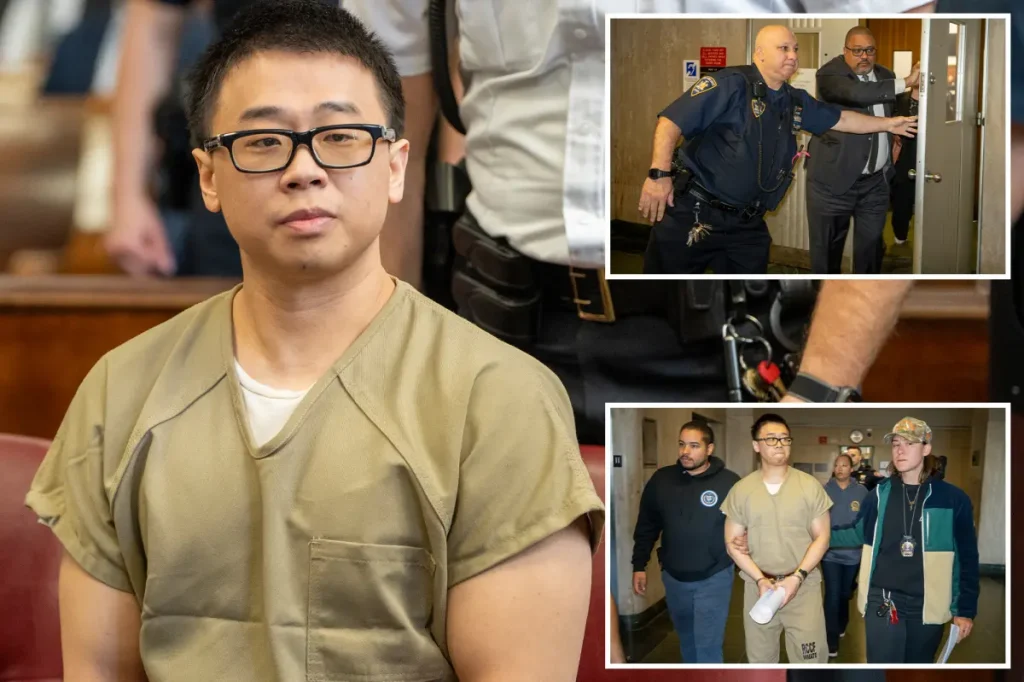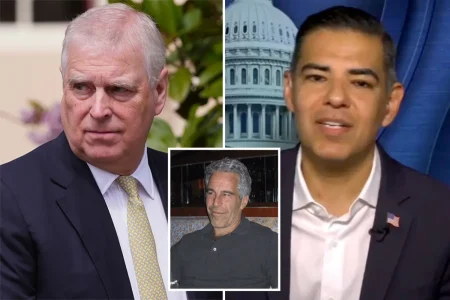From Dark Web Drug Lord to Inmate: The Fall of Nan Wu
In a landmark case highlighting the growing intersection of technology, cryptocurrency, and illicit drug trafficking, 39-year-old Queens native Nan Wu was sentenced to six-and-a-half years in prison on Thursday for orchestrating one of the largest dark web drug operations in history. Wu, the mastermind behind “FireBunnyUSA,” transformed a Flushing-based operation into a nationwide enterprise that shipped over 10,000 packages of cocaine, MDMA, Ketamine, and other controlled substances to customers across all 50 states. The sophisticated operation allowed Wu to amass an astonishing $7.2 million through cryptocurrency exchanges before law enforcement finally caught up with him. Manhattan District Attorney Alvin Bragg emphasized the significance of this case, stating, “The dismantling of this illegal drug trafficking operation highlights the ability of my office’s prosecutors and analysts to trace cryptocurrency and unmask those committing crimes on the dark web.” Indeed, Wu’s case represents a pivotal moment in law enforcement’s evolving capabilities to combat digital-age crime.
Wu’s criminal enterprise was far from a solo operation. Working alongside four accomplices – Peng Peng Tang, Bowen Chen, Zixiang Lin, and Katie Montgomery – Wu built a sophisticated network that operated from January 2019 through August 2022. Together, this group laundered more than $7.9 million through multiple dark web vendors, effectively hiding their tracks through the anonymity afforded by cryptocurrency transactions and dark web marketplaces. The operation began in Flushing, Queens, but as it expanded, Wu relocated to Upland, California, in April 2022, demonstrating the geographic flexibility that online drug trafficking allows. The investigation into FireBunnyUSA involved multiple undercover purchases by law enforcement, who ordered cocaine, MDMA, and Ketamine that were shipped directly to Manhattan, providing crucial evidence for the prosecution. The scale of Wu’s operation became even more apparent after his June 2022 arrest, when authorities discovered a kilogram of Ketamine, over 1,200 MDMA pills, half a kilogram of MDMA in rock form, and various other drugs and shipping supplies.
As part of his plea agreement reached in April, when Wu admitted to criminal sale of a controlled substance and money laundering charges, he agreed to surrender significant assets: 20 Bitcoin, 3,297 Monero (another cryptocurrency), and $12,857 in cash recovered during the investigation. This forfeiture reflects the substantial profits Wu generated through his illicit business model, which capitalized on the anonymity of cryptocurrency transactions to evade traditional financial monitoring systems. At his sentencing hearing before Manhattan Supreme Court Judge Michele Rodney, Wu faced the consequences of his actions after months in federal custody for a separate but related case. His conviction represents a significant victory for prosecutors who are increasingly focusing resources on understanding and tracing cryptocurrency transactions used in criminal enterprises. The complexity of Wu’s operation and the technical sophistication required to track his financial movements underscores why such cases present unique challenges for law enforcement agencies.
The downfall of FireBunnyUSA also highlights the collaborative nature of modern drug trafficking operations. All four of Wu’s accomplices have pleaded guilty to their roles in the enterprise and are awaiting sentencing, demonstrating how dark web operations often require multiple participants with specialized skills. This case illustrates how online drug trafficking has evolved beyond street-level dealing to become a complex business operation, complete with supply chain management, customer service, shipping logistics, and sophisticated financial arrangements. Manhattan DA Bragg emphasized this evolution in his statement following Wu’s sentencing: “Whether on the dark web or on our city’s streets, we will root out criminal organizations who put our community’s health at risk.” This commitment reflects how law enforcement is adapting to confront both traditional drug dealing and its digital evolution simultaneously.
What makes Wu’s case particularly interesting is its intersection with federal charges. In addition to his sentence in the New York State case, Wu awaits sentencing in federal court after pleading guilty on June 11 to conspiracy to distribute and possess with intent to distribute a controlled substance. Federal prosecutors have recommended a sentence between six to eight years behind bars, closely mirroring his state sentence. According to his attorney, Barry Zone, the expectation is that both sentences will run concurrently, meaning Wu won’t serve additional time beyond the longer of the two sentences. This coordination between state and federal prosecutions demonstrates the multi-jurisdictional approach often required to address sophisticated criminal enterprises that operate across state lines and through digital channels. The case also represents the growing collaboration between different levels of law enforcement to address crimes that transcend traditional geographical boundaries.
The FireBunnyUSA case serves as a cautionary tale about the false security promised by dark web anonymity and cryptocurrency transactions. While these technologies can temporarily obscure criminal activity, this case demonstrates that law enforcement capabilities are evolving to meet these challenges. Wu’s operation, which shipped drugs to every state in the nation, shows how the dark web has expanded the reach of drug traffickers far beyond traditional street corners or local networks. Yet, as sophisticated as Wu’s operation was, it ultimately could not evade detection. As cryptocurrency analysis tools improve and investigators become more adept at navigating the dark web, cases like Wu’s may become increasingly common. The $7.2 million operation that once seemed untouchable now serves as evidence of law enforcement’s growing capability to combat cyber-enabled crime, sending a powerful message to others who might believe that technology provides an impenetrable shield for criminal activity. For Wu, the digital empire he built has crumbled, leaving him to face years behind bars as authorities continue to adapt to the ever-changing landscape of drug trafficking in the digital age.









